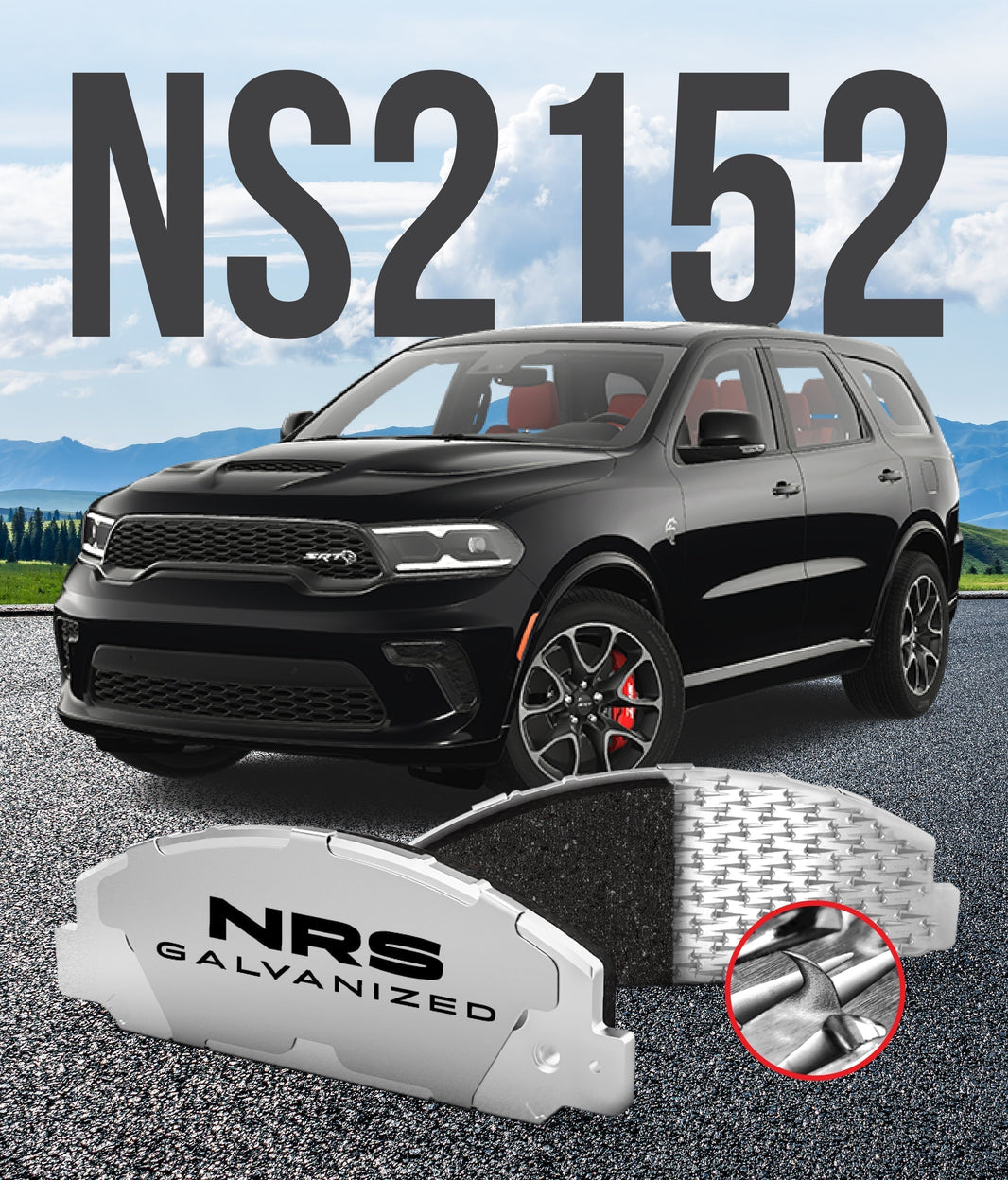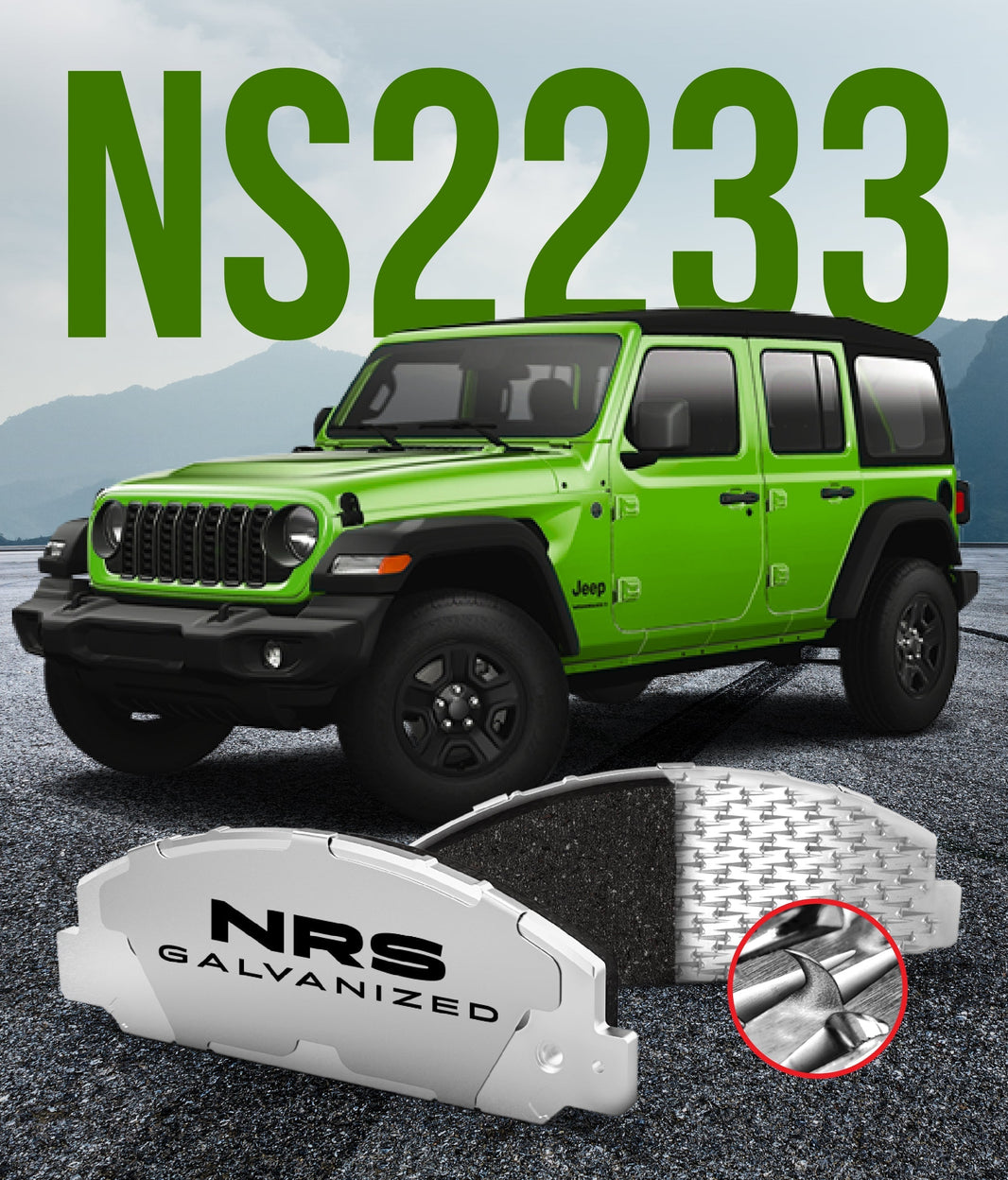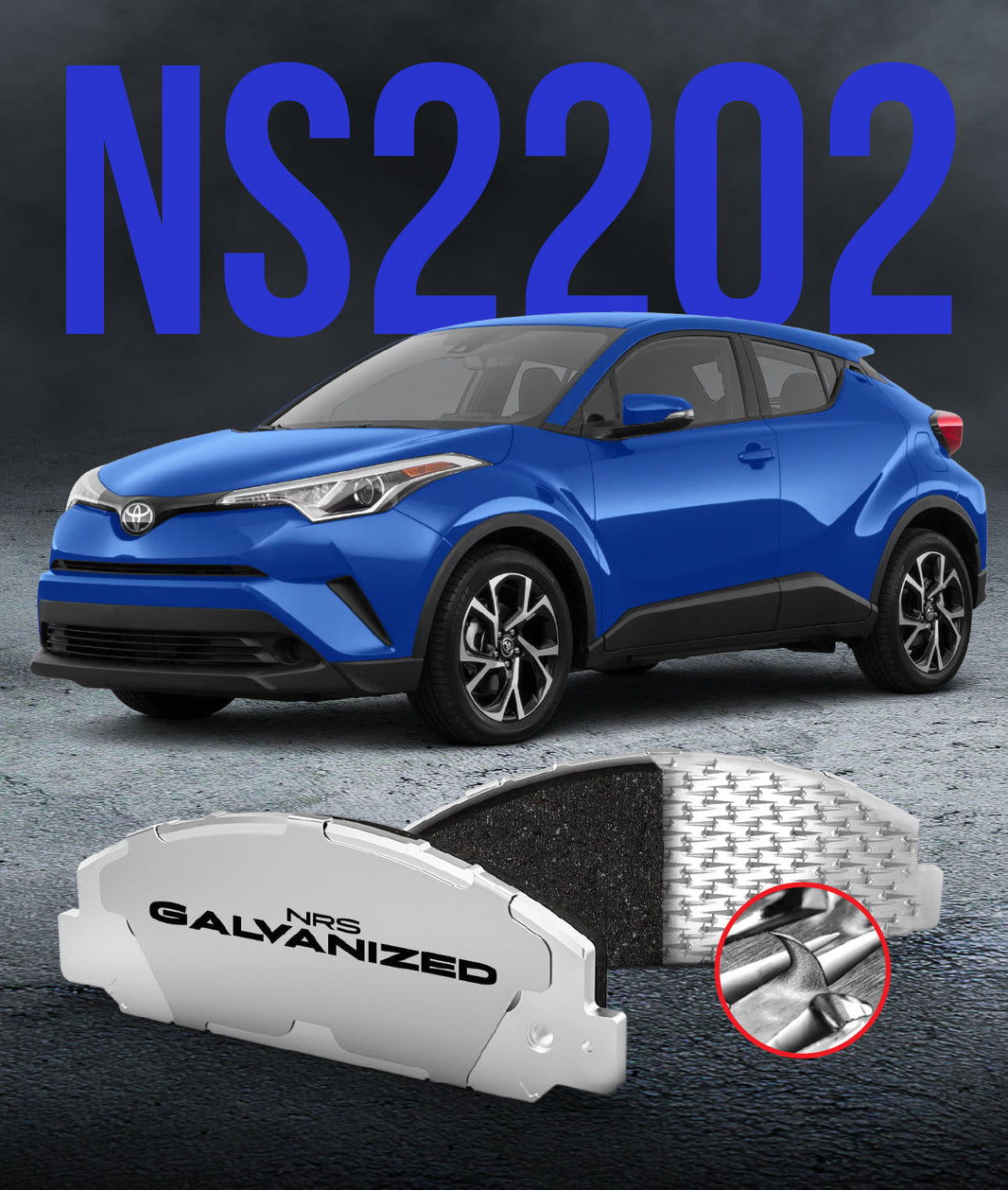
Your brakes have started making that unmistakable metallic squeal, a clear signal that a replacement is due. Now you face a classic crossroads for any car owner: do you roll up your sleeves and grab the tools, or do you pick up the phone and call a trusted mechanic? This decision is one of the most common dilemmas in vehicle maintenance.
The choice in a DIY vs pro brake job is not just about saving money; it is about safety, time, and your personal skill level. This guide will provide a clear framework to help you assess the situation. It will help you decide when to confidently tackle the job yourself and when the smarter move is to call for professional help.
The Case for a DIY Brake Job
For many enthusiasts, doing your own brake work is a rite of passage. It is a tangible way to connect with your vehicle while keeping more money in your wallet. The advantages are compelling, especially if you enjoy hands-on projects.
The primary motivations are often financial, but the benefits go beyond simple cost savings. Taking on the job yourself puts you in complete control of the project from start to finish. This can lead to a better outcome if you are careful and prepared.
Significant Cost Savings
The most obvious benefit of a DIY brake job is the financial savings. Professional labor rates can make up a large portion of the final bill. By providing the labor yourself, your only major expense is the cost of the parts.
This can easily cut the total cost of the brake job by half or more. This also frees up your budget to invest in higher-quality components. You can get superior parts for what you might have paid for a standard job at a shop.
Control Over Component Quality
When you do the job yourself, you have the power to research and select the exact brake pads and rotors you want. You are not limited to a specific brand that a shop has in stock or prefers to use. This allows you to tailor the brake performance to your specific needs.
Whether you want ultra-quiet operation, low dust, or maximum stopping power for towing, you can choose the parts that best match your goals. This level of customization is rarely an option at a busy repair shop. You get precisely what you pay for because you made the choice.
The Satisfaction and Learning Experience
Beyond the practical benefits, there is an immense sense of accomplishment that comes from successfully completing a critical repair on your own vehicle. It builds confidence and provides a much deeper understanding of how your car works. Each completed job makes the next one less intimidating.
For many, this is the most rewarding part of the experience. It turns routine maintenance from a chore into an engaging hobby. It is a skill that will serve you well for your entire life as a car owner.
The Reality Check: What a DIY Job Demands
Before you decide to proceed, you must be honest about what the job requires. A brake replacement is not the place to learn through trial and error. A successful and safe outcome depends on having the right resources ready.
This is not a task you can rush through with a basic set of tools. Lacking any one of these prerequisites is a strong signal that you should reconsider doing the work yourself.
-
The Right Tools: You will need more than just a wrench. A quality socket set, a torque wrench for proper tightening, a C-clamp or caliper piston tool, and most importantly, sturdy jack stands are essential.
-
Adequate Time: If it is your first time, set aside at least four to five hours, or a full afternoon. Rushing a brake job leads to mistakes, and you may encounter unexpected problems like a stubborn bolt that will slow you down.
-
A Safe Workspace: You need a level, solid surface like a garage floor or paved driveway to work on. A clean, well-lit environment will help you stay organized and avoid losing small parts.
-
Technical Knowledge: You must have access to a reliable repair manual or a detailed video tutorial specific to your vehicle's year, make, and model. Having solid Technical Knowledge of the process is critical.
The Case for Calling a Professional Mechanic
While the DIY approach has its merits, there are very good reasons why professional technicians exist. Their expertise, tools, and efficiency can be invaluable. Sometimes, hiring a pro is the safest and most effective option.
Trusting your vehicle to a qualified mechanic offers peace of mind and can save you from a major headache. It ensures the job is done quickly and correctly. It also provides a level of protection if something goes wrong.
Expertise and Experience
A good mechanic has performed hundreds, if not thousands, of brake jobs. This experience allows them to work efficiently and to recognize problems a DIYer might easily overlook. They can quickly diagnose related issues.
For example, they can feel when a wheel bearing is failing or spot unusual wear patterns that point to a bigger problem. This preventative insight can save you from a more expensive repair down the road. Their trained eye is a significant advantage.
Specialized Tools and Equipment
Modern vehicles are more complex than ever before. Shops have access to professional-grade equipment like vehicle lifts, which make the job safer and easier. They also have specialized tools for tasks that are difficult to do on the ground.
This is especially true for cars with advanced electronic systems. Many modern cars require a diagnostic scan tool to retract the rear calipers for an electronic parking brake. Without this tool, the job is nearly impossible to complete correctly.
Warranty and Liability
When a reputable shop performs work on your car, it almost always comes with a warranty. This guarantee covers both the parts they installed and the labor they performed. This is a significant form of protection for you as a consumer.
If a part fails prematurely or if an issue arises from the installation, the shop is responsible for making it right. If you do the job yourself and a problem occurs, the time and cost of fixing it fall squarely on your shoulders. This accountability is a major benefit of professional service.
A Decision-Making Checklist: When to Call the Pros
So, how do you make the final call? The following checklist can help you decide if your situation is better suited for a professional. If any of these points apply to you, calling a mechanic is the wisest course of action.
This is about being realistic with your skills, tools, and the specific car you own. There is no shame in admitting a job is beyond your current capabilities.
-
Your Car Has an Electronic Parking Brake: As mentioned, these systems usually require a special scan tool to put the brakes into a "service mode." Attempting to force the caliper piston back without this tool can destroy the expensive caliper motor.
-
You Encounter a Seized Component: If a critical bolt is rusted solid or you find a seized caliper piston, you should stop. Without professional tools like impact wrenches or torches, you risk breaking the part and turning a simple job into a major repair.
-
You Suspect a Hydraulic Issue: If the brake pedal feels spongy, you see fluid leaks, or you suspect you have air in the lines, let a professional handle it. Diagnosing and properly bleeding a modern ABS module can be very tricky.
-
You Lack the Time or a Safe Workspace: Never rush a brake job or attempt it on an unstable surface like gravel or grass. If you cannot dedicate the proper time and space to do it safely, do not start it.
-
You Are Not Confident in Your Abilities: Your brake system is the most important safety feature on your car. If at any point you feel overwhelmed or unsure, it is time to make the call. Your safety is worth more than the money you might save.
Conclusion: Honesty Is the Best Policy
The choice in the DIY vs pro brake job debate ultimately comes down to an honest self-assessment. If you have the right tools, a safe space, ample time, and the confidence to follow instructions carefully, doing your own brakes can be a rewarding experience. It is a great way to save money and learn about your vehicle.
However, it is equally important to recognize your limits. Your car's braking system is not the place for guesswork. At our company, we are dedicated to safety, which is why we produce the best Brake Pads with industry-leading technology, whether they are being installed by a seasoned professional or a careful DIYer.
What is the one factor that helps you decide whether to tackle a car repair yourself or hire a professional?




